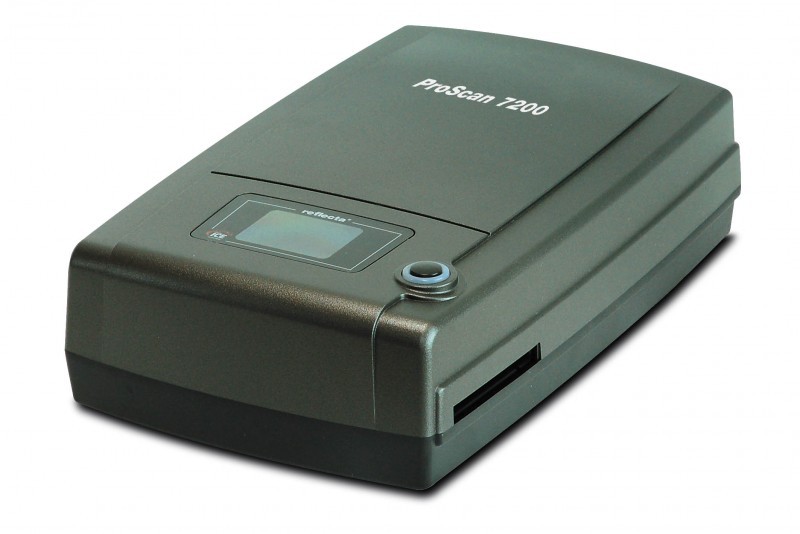Why you can trust TechRadar
All film scanners require some practise use so you can learn how to get the most from them, and the ProScan 7200 is no exception.
Engage the Quality setting from the Scan Mode drop-down menu, up to resolution to 3200ppi and switch off ROC, which does more harm than good on unfaded originals, and scans of positive transparencies are pretty good.
With a DMax of 3.8 such scans have a pretty decent level of detail in highlights and shadows, though the dark areas in films like Fuji Velvia 50 etc are difficult to penetrate.
Image Quality
Sharpness is fair, but comparing the ProScan to a much older Nikon CoolScan V (a legendary film scanner) reveals there is some way to go. Images benefit from some post-scanning sharpening in Photoshop, which works well since the ProScan 7200 doesn't resolve film grain itself.
Black & white negatives scan very well on the ProScan 7200 although, as with all scanners, digital ICE doesn't work with traditional mono films. Colour negatives are much harder to handle since they require more colour balancing than transparencies.
A number of preset film options are included in CyberViewX, but typically these never seem to match the emulsions you are shooting.
Sign up for breaking news, reviews, opinion, top tech deals, and more.
The basic editing options make it possible to adjust for white balance and contrast though, and the Photoshop-like variations tool means you can eventually get a good result.
Scan times
The ProScan 7200 is not the fastest scanner we've ever seen, but it's not the slowest either.
On an Apple MacBook Pro (2.4GHz Intel Core 2 Duo) a basic scan at 3200ppi takes 1min 20sec to complete with no added frills and extras. Drop the resolution to 1800ppi and this falls to around 50sec.
Turning on ICE, GEM or ROC adds to this time, with the CyberViewX software taking some time to apply the processes. A 3200ppi scan with all three options switched on takes 2min 16sec.
Current page: Reflecta ProScan 7200 Review: Performance
Prev Page Reflecta ProScan 7200 Review: Features Next Page Reflecta ProScan 7200 Review: Image samples